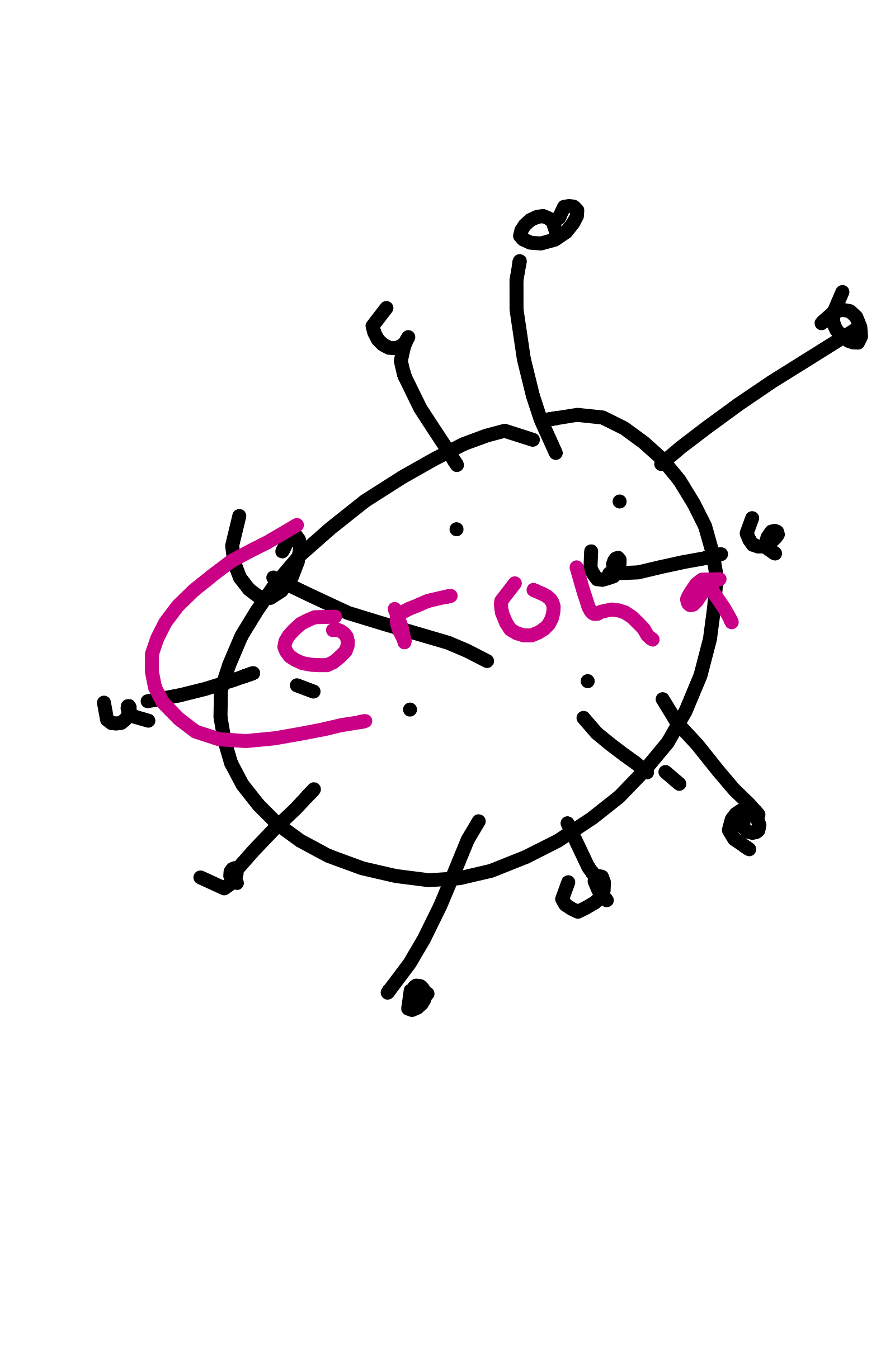Ich hatte mich tierisch über die Chinesen aufgeregt, die alles, was den Rücken zur Sonne richtet, als essbar ansehen (scheinbar ein chinesisches Sprichwort) und so – bisher – den Tod Zigtausender Menschen durch das Coronavirus zu verantworten haben. Wenn sie auch diesmal das Verbot des Konsums bestimmter Arten (wie etwa nach SARS) wieder aufheben und alle Mitmenschen auf diesem Planeten der nächsten hausgemachten Pandemie aussetzen, nur weil sie weiterhin rückständig-mittelalterliche, borniert-verbohrte, unhygienische und grausame Monster sein wollen, dann weiß ich auch nicht weiter.
Das muss jetzt ein erster Schritt sein… Wenn eine Nation wie China diese Macht ihrer Bevölkerung gegenüber hat und auch einsetzt, zum Wohl aller, dann ist das ein Hoffnungsschimmer für mich.
Immer her mit den Verboten!
Ich hoffe inständig, dass meine Mitmenschen aber auch ihre Empathie entdecken und sich weiter entwickeln und den Tatsachen ins Auge blicken: wir müssen uns aktiv ändern, verbessern. Veganismus ist nicht nur eine Option. Es ist die einzige, die ich sehe, bei Milliarden Menschen die Hunger leiden werden.
https://www.ctvnews.ca/mobile/sci-tech/china-bans-human-consumption-and-trade-of-wild-animals-1.4824540
BEIJING, CHINA — China on Monday declared an immediate and „comprehensive“ ban on the trade and consumption of wild animals, a practice believed responsible for the deadly coronavirus outbreak.
The country’s top legislative committee approved a proposal „prohibiting the illegal wildlife trade, abolishing the bad habit of overconsumption of wildlife, and effectively protecting the lives and health of the people,“ state television reported.
Previous temporary bans have been put in place, including after the SARS (Severe Acute Respiratory Syndrome) virus killed hundreds of people in China and Hong Kong in 2002-03 and was also traced to wild animal consumption.
That prohibition was short-lived, however, and conservationists have long accused China of tolerating a cruel trade in wild animals as exotic menu items or for use in traditional medicines whose efficacy is not confirmed by science.
The decision was made by the Standing Committee of the National People’s Congress (NPC), which oversees the country’s rubber-stamp legislature.
The coronavirus epidemic had highlighted „the prominent problem of excessive consumption of wild animals, and the huge hidden dangers to public health and safety,“ said the report by China Central Television (CCTV).
Chinese health officials have said the virus likely emerged from a market in the central city of Wuhan that sold wild animals as food.
The coronavirus has killed 2,592 people in China, infected some 77,000 others and paralysed the country’s economy.
It has also infected people in at least two dozen other countries, killing nearly 30, and its rapid global spread has raised fears of a full-blown pandemic.
The committee also on Monday decided to postpone this year’s NPC session — scheduled to begin in early March — which will delay any legal revisions on wildlife trade.
As a result, the Standing Committee issued a full ban immediately until final legislation can be passed, CCTV said.
There already are laws in place against the wildlife trade, but conservationists say they are full of loopholes regarding many species, and that enforcement is episodic or just plain lax.
After the epidemic began exploding across the country, China late last month ordered a temporary ban „until the national epidemic situation is over“.
But conservationists and virologists said a temporary ban was not enough, calling for a permanent prohibition with tough enforcement.
Health experts warn that transporting, butchering and consuming wild species poses a significant and growing public health risk by exposing humans to dangerous animal-borne pathogens.
Conservationists say China is the single biggest country driving consumption of many threatened species, and that animals are routinely subjected to horrible conditions and cruel treatment.
The exact source of the coronavirus remains unconfirmed, with scientists variously speculating it originated in bats, pangolins, or some other mammal.
Scientists say SARS likely originated in bats, later reaching humans via civets.
According to a price list that circulated on China’s internet, one of the merchants at the Wuhan market at the virus epicentre sold a vast menagerie of animals including civets, rats, snakes, giant salamanders and live wolf pups.

